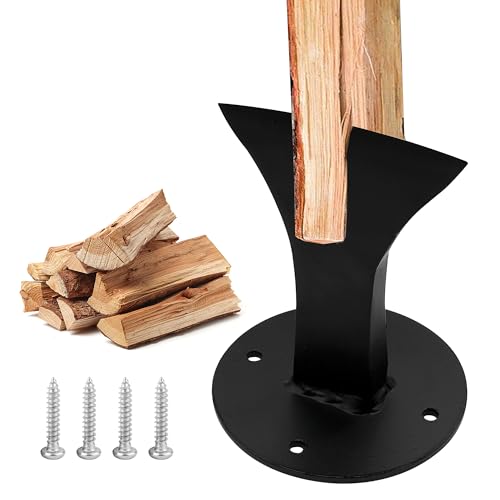John Paul Sanborn
Above average climber
so then once the tree crosses the line you own that too, which was my original point
Not that simple; it is in joint ownership, so both parties may have responsibility towards preservation. If radical trimming causes the tree do die, it leaves the other party with at least a financial liability. If the tree work creates a defect that causes property damage or bodily injury then the practitioner and the client have been held liable.
I heard of one case where the work caused a defect where a reasonable person could assume there was a greatly elevated risk of failure and the courts required the practitioner to finish removal at his own cost. My recollection is to the effect that he had no proof that he told the client that the treatment could cause the tree to fail.
These cases are few and far between, but one should be aware of them.
I have a staged removal of a massive willow that I always offered to remove the entire tree each year. It is 1/3 to 1/2 done and the client is selling the house now. I'm mildly concerned that the new owners may want me to do something for nothing since I am the knowledgeable party.
























































